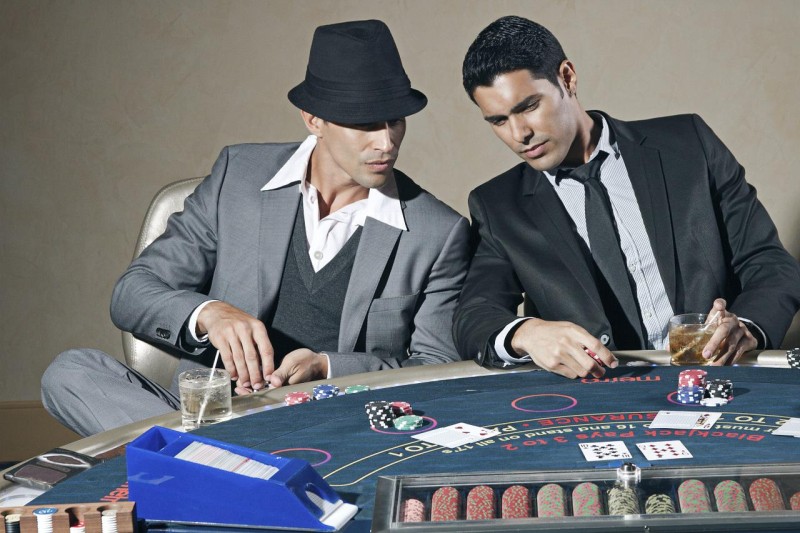1. Online Poker Sites Are Not Regulated or Licensed in the US.
Without some type of oversight, poker players can not be sure if the sites are cheating them. Some argue that it is not in a poker site's best interest to cheat, since so much money is coming in anyway. Unfortunately, greed can corrupt. And unregulated companies have proven time and time again, that where there is a will (to dupe the people to make more money), there is a way.
2. The Online Poker Sites RNG (Random Number Generator) Ain't So Random.
RNGs are complex computer programs. However, the software can be altered to create subtle changes that affect play and results. Are there more bad beats online? Are there more big hands, like quads and straight flushes that occur online? Does it seem that there are too many heads-up situations where one premium hand loses to another premium hand to create more excitement? Yes, yes, and yes.
3. Online Poker Sites Support Their Integrity Claims by "Independent" Audits--Are They Really Unbiased?
The site audits may be independent, but they have to be biased. Why? The firms who audit a poker site get paid by that site. In recent history, a top ten accounting firm closed down to their "independent" audits. And major US corporations have also been forced into bankruptcy due to fake accounting; e.g. Enron. Poker Write For Us blog is a fantastic method to share your knowledge and experience with others
4. There Have Been Major Cheating Scandals Online That The Online Poker Sites Never Caught.
There have been a handful of major, public cases where poker players have been created by outsiders. Did the online poker site catch this cheating? No. The only reason that these cases became public is that other poker players did their own analysis of what had happened and reported it.
5. Other Cases of Cheating Are Happening Online, But No One Gets Caught.
There is so much money being gambled every minute, it is too juicy for unscrupulous people to take advantage of other players. For example, do you think collusion has ever occurred at an online poker site? What about other forms of cheating, like playing in the same event under different user names? Or, a top player who plays under a friend's user name to help increase his bankroll? It happens. It is usually transparent.
6. What About The Frequency of Stories Regarding New Players Getting An Edge or A Player Losing After Withdrawing Money From A Site?
It would make business sense to help new players have an edge. If a new player wins, s/he is more likely to keep playing--even if s/he loses it all a few weeks later. There are also complaints on how a player who withdraws money after winning at a poker site, seems to forget how to play and now loses.
7. The Sponsoring of Poker Players Results In An Uneven Playing Field.
Do sponsored players risk their own money? Reports are that sponsored players get 100% Rakeback and get paid hourly at an online poker site. Is it fair that you risk your own money, while a sponsored player takes no risk?
8. If the New UIGEA Regulation Goes Into Effect, Will Your Bank Cash Your Poker Site's Check?
Now you have to worry about what will happen if you do win money at an online site. Assuming you play at a legitimate site and win, the site will pay you. It won't be able to transfer money into your bank account. It will have to use another method, which is most likely going to be mailing you a check. Will your bank cash that checks if the new law goes into effect?


